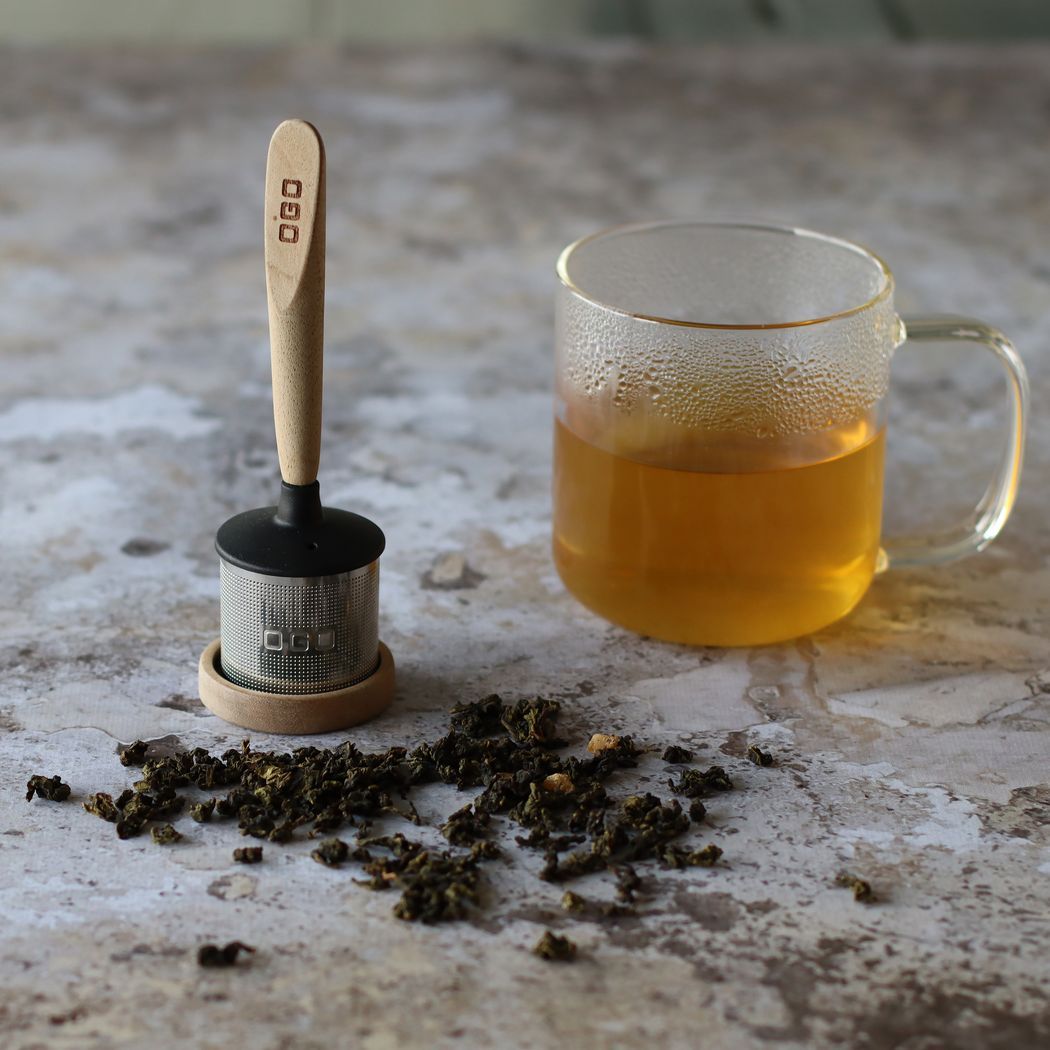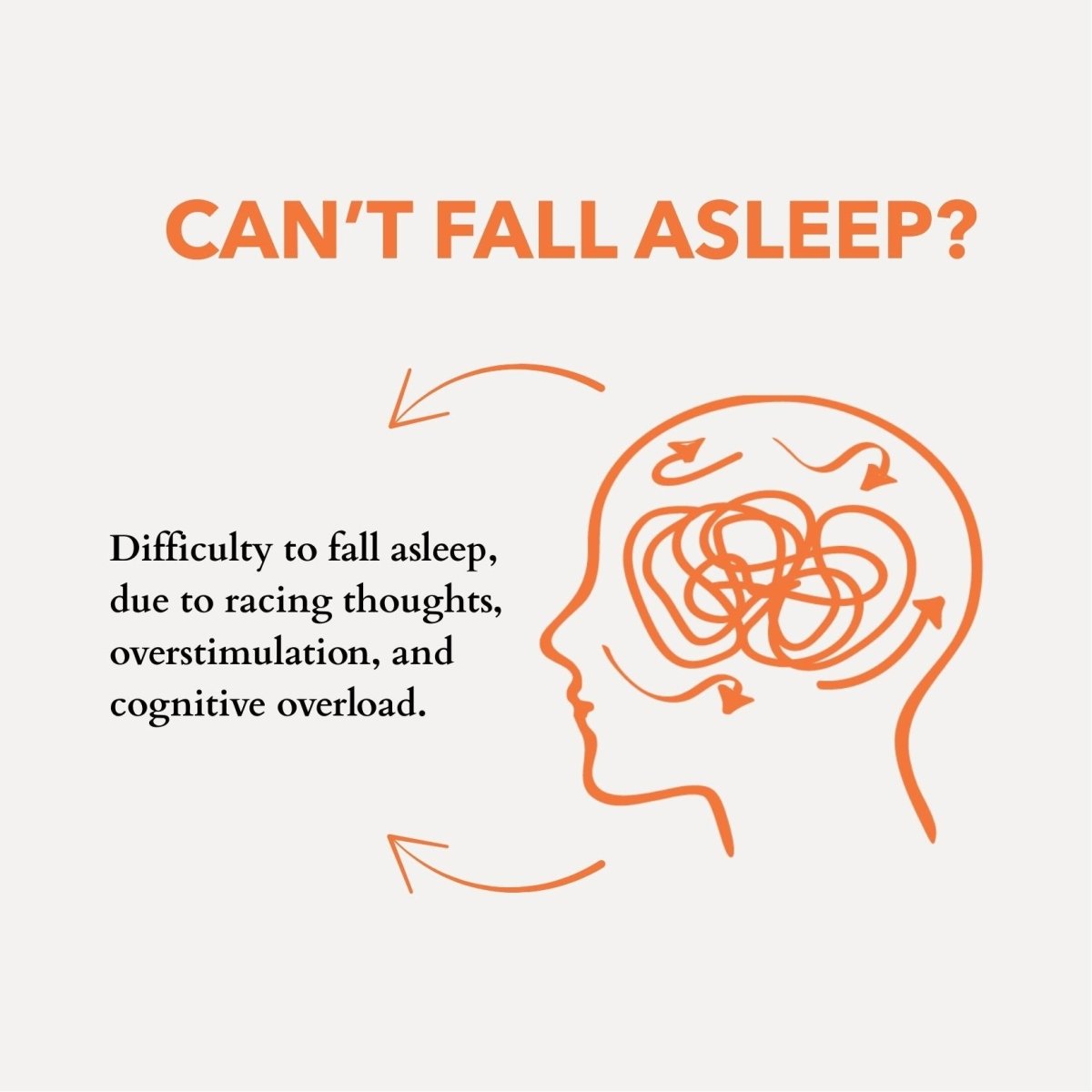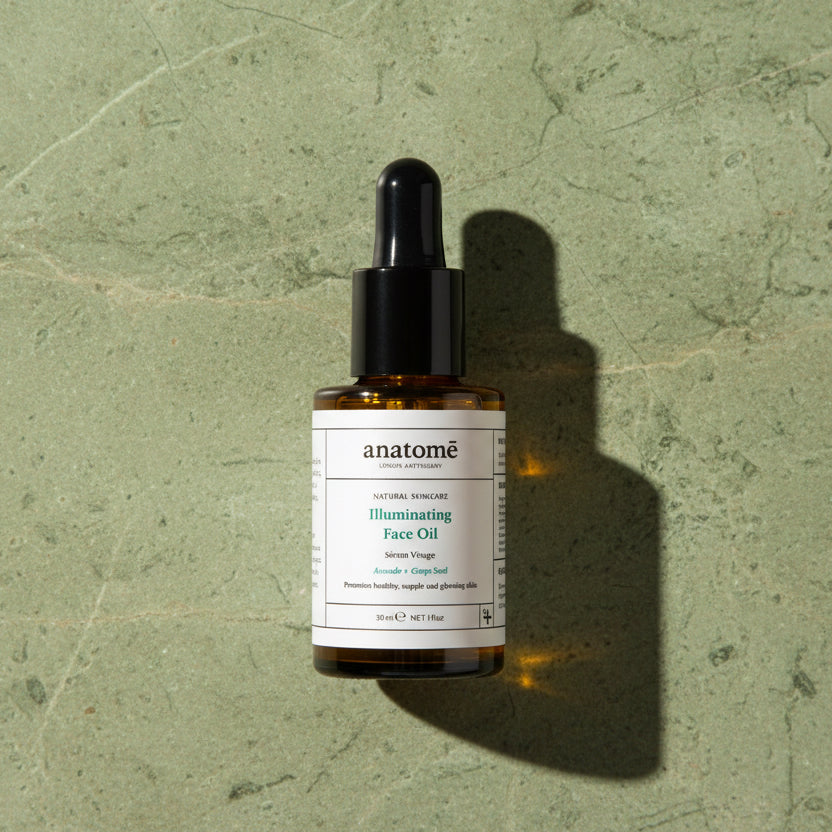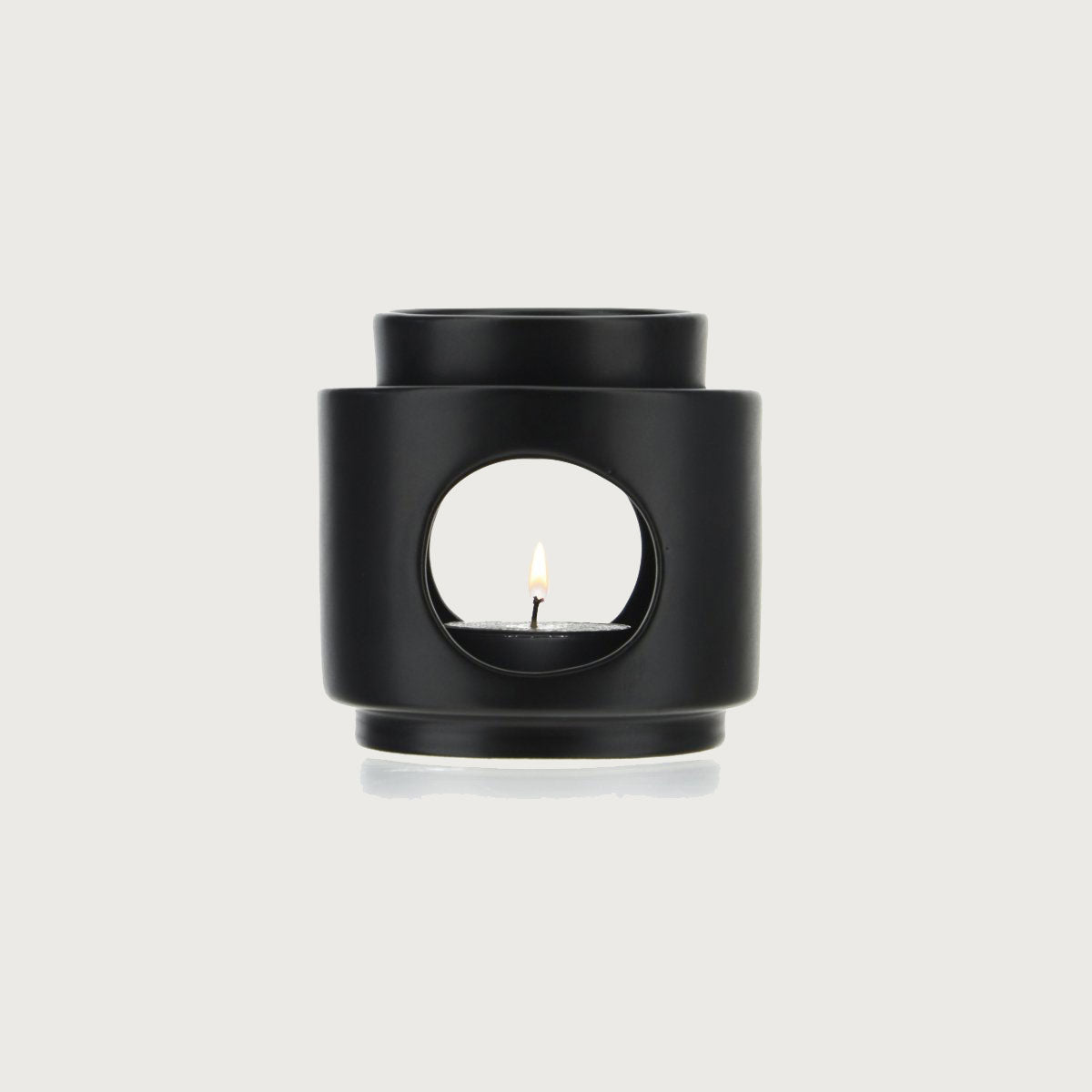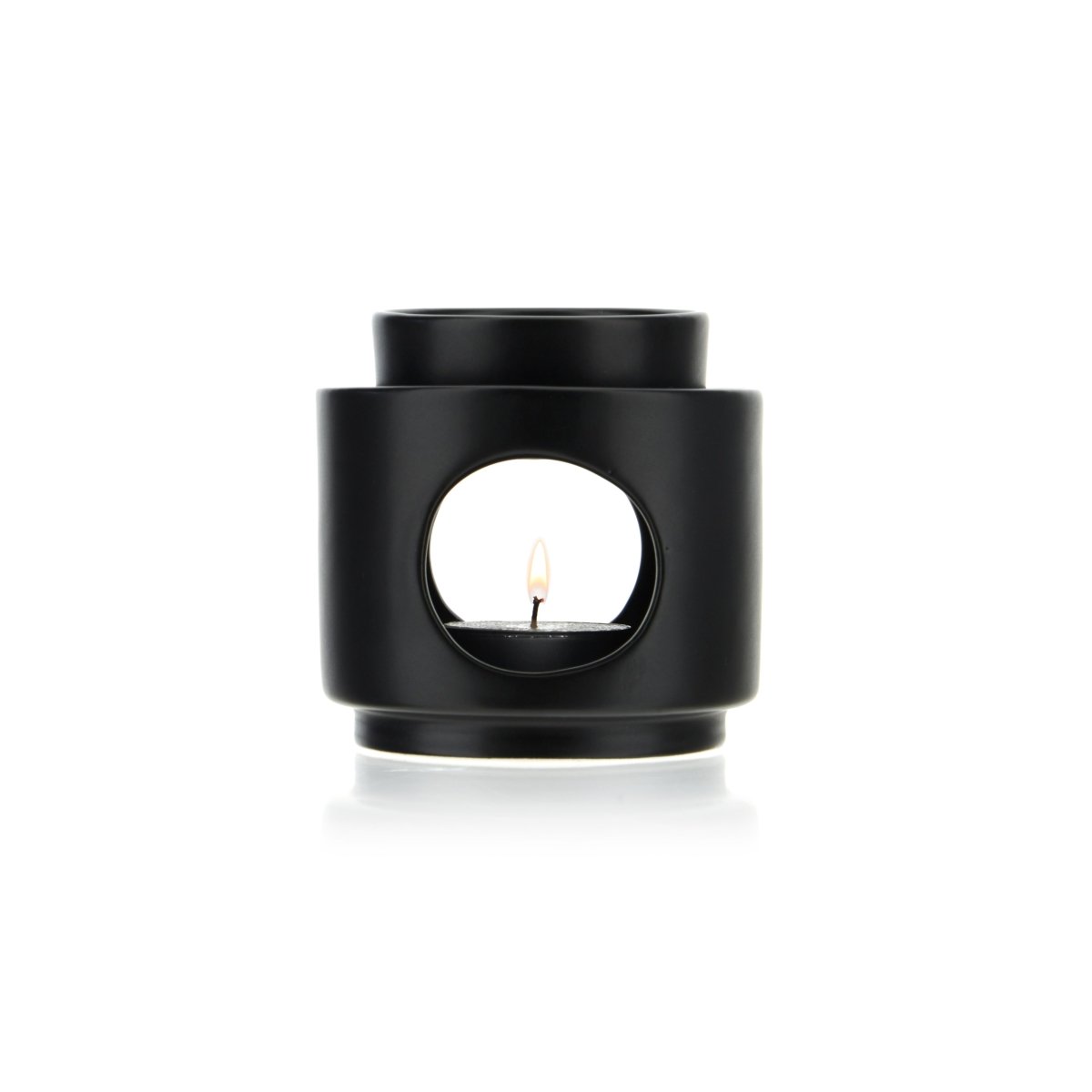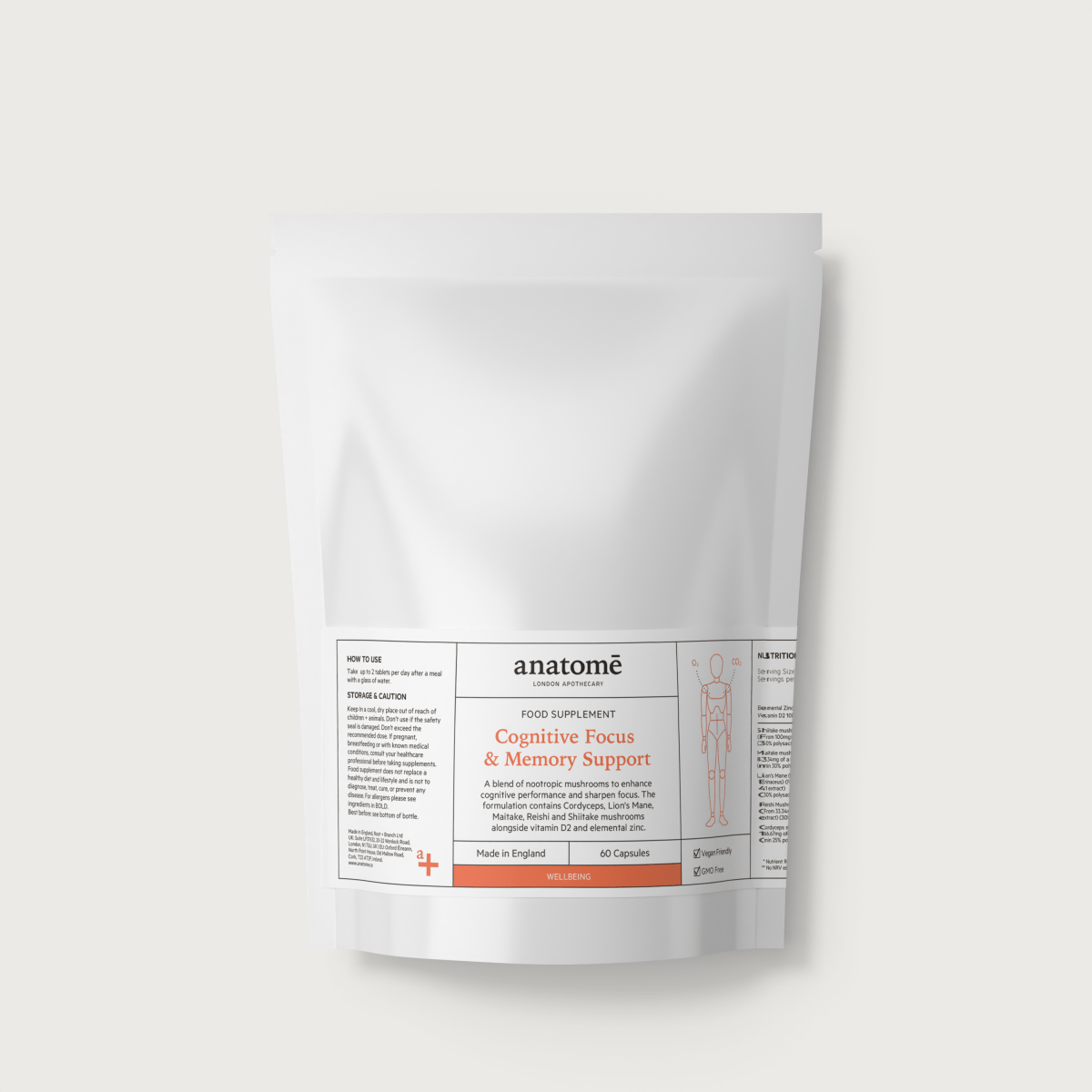Sleep is an all important aspect of our life. As we know, it is the cornerstone of our health and dictates how well our immune system functions, allows our brain to retain information better, regulates our hormones and our appetite, reforms the body’s metabolic state, maintains our gut’s microbiome and helps maintain the fitness of our cardiovascular system (1). Unfortunately, not all of us know how to get a good night of deep sleep every single night. In this article, we’ll look at what deep sleep is, give you 5 tips to get asleep and stay asleep every night and take a look at what that can do for you.
What is deep sleep
While we sleep, our body goes through different stages of the sleep cycle. We start in non-REM (NREM) sleep for the first four stages of our sleep, which encompasses both the light and deep sleep stages, before moving into Rapid-Eye Movement (REM) sleep. Light sleep is a transition in and out of deep sleep during which the heart rate and body temperature decrease and our muscles relax. Deep sleep is the most restorative sleep stage with the body and brain flushing out waste, processing hormones and concentrating on tissue growth or repair (2).
 Deep sleep occurs in the third and fourth stages of NREM sleep. It is when your brain waves are at their slowest, which is why this stage of sleep is also sometimes called slow wave sleep (SWS). “Studies have shown that slow-wave sleep is facilitated when brain temperature exceeds a certain threshold. It’s believed that circadian rhythm and homeostatic processes regulate this threshold,”(3). In contrast to REM sleep, this stage of sleep is categorised by little to no eye movements and almost no movement in the body at all. While all stages of sleep play a role in our wellbeing, this stage helps to restore our body the most and plays a key role in how we’re feeling.
Deep sleep occurs in the third and fourth stages of NREM sleep. It is when your brain waves are at their slowest, which is why this stage of sleep is also sometimes called slow wave sleep (SWS). “Studies have shown that slow-wave sleep is facilitated when brain temperature exceeds a certain threshold. It’s believed that circadian rhythm and homeostatic processes regulate this threshold,”(3). In contrast to REM sleep, this stage of sleep is categorised by little to no eye movements and almost no movement in the body at all. While all stages of sleep play a role in our wellbeing, this stage helps to restore our body the most and plays a key role in how we’re feeling.
"Deep sleep is the most restorative sleep stage with the body and brain flushing out waste, processing hormones and concentrating on tissue growth or repair."
How to Increase Deep Sleep
Stick to a schedule
The circadian rhythm is what dictates our sleep-wake cycle and controls the release of the hormone melatonin. “It receives information about incoming light from the optic nerves, which relay information from the eyes to the brain. When there is less light—like at night—[it] tells the brain to make more melatonin so you get drowsy,”(4). In order to help keep it regulated and avoid jet-lag symptoms, go to bed and wake up at the same time every day, even on weekends. It helps to set your body’s internal clock and allows for you to optimise your sleep quality.
Create a sleep routine
Following a daily routine to help you wind down and get ready for bed helps to train your brain to recognise that it’s time for bed. Studies have shown that using relaxation techniques before bed, like meditation with essential oils, reading, taking a warm bath, etc, is a proven way to improve your sleep (5).

Optimise the environment
Make your sleeping area cool, quiet, relaxing and dark in order to create the best environment for sleeping. Studies show that the best temperature for sleep is around 18C with adequate ventilation since freezing or overheating can interfere with your sleep (6). Some research indicates that using pink noise to combat disrupting noise can be an effective way to boost SWS (7). Additionally, new research suggests that bringing plants into the room and engaging in “horticultural activities and exposure to light environments [can] enhance not only emotion but also sleep quality in an isolated environment,”(8). We all know that keeping the room dark can be extremely beneficial for our sleep health and research supports that, but it is key to ensure that morning light can still peek through so we wake up easier too (9).
Keep an eye on your diet
Don’t eat too close to your bedtime. According to multiple studies, “the high quantity consumption of carbohydrates close to the bedtime is accompanied by frequent arousals and may affect sleep quality,” (10). Another study found that a low carbohydrate diet contributes to an increase in SWS (11). By making sure you have a healthy and balanced diet and not eating at least an hour and a half before bed, it can help you sleep longer and deeper.
Turn off your devices
It has been proven time and time again that using your devices late in the evening can reduce your sleep quality and increase your sleep latency. The blue light from devices mimics the light of the sun and can disrupt your circadian rhythm (12). One study found that playing a computer game before bedtime disrupted REM sleep and made sleep latency extremely longer than the control group (13).
Importance of deep sleep
Deep sleep plays a very important role in the body. “The principal function of deep sleep may be to give the brain time to restore itself from its daily activeness,”(3). While in deep sleep, the pituitary gland secretes important hormones in order to achieve this restoration. “Studies have shown that NREM sleep is important for turning off the norepinephrine, serotonin and histamine neurotransmitters, which in turn allows their receptors to “rest” and regain sensitivity,”(14). Without this deep sleep, our brain cannot function at its optimal level and we begin to feel run down. While deep sleep only comprises about 13 to 23% of your total sleep, it plays one of the most crucial roles in your overall health (15). Your overall sleep time should be between 7 to 9 hours in order to reap the benefits of a good night of sleep and ensure that you’re getting enough deep sleep.
References:
- Walker, M.P. (2018). Why we sleep : unlocking the power of sleep and dreams. New York, Ny: Scribner, An Imprint Of Simon & Schuster, Inc.
- https://www.ncbi.nlm.nih.gov/books/NBK19956/
- https://www.sleepassociation.org/about-sleep/stages-of-sleep/deep-sleep/
- https://pubmed.ncbi.nlm.nih.gov/6989409/
- https://pubmed.ncbi.nlm.nih.gov/18603220/
- https://www.frontiersin.org/articles/10.3389/fnhum.2017.00109/full
- https://www.sciencedirect.com/science/article/pii/S2214552419301403#sec0014
- https://www.sciencedirect.com/science/article/pii/S0964339715000439
- https://pubmed.ncbi.nlm.nih.gov/22204204/
- https://pubmed.ncbi.nlm.nih.gov/18681982/
- https://www.ncbi.nlm.nih.gov/pmc/articles/PMC3047226/
- https://pubmed.ncbi.nlm.nih.gov/16120101/
- https://www.ncbi.nlm.nih.gov/pmc/articles/PMC2290500/
- https://www.ncbi.nlm.nih.gov/books/NBK19956/




